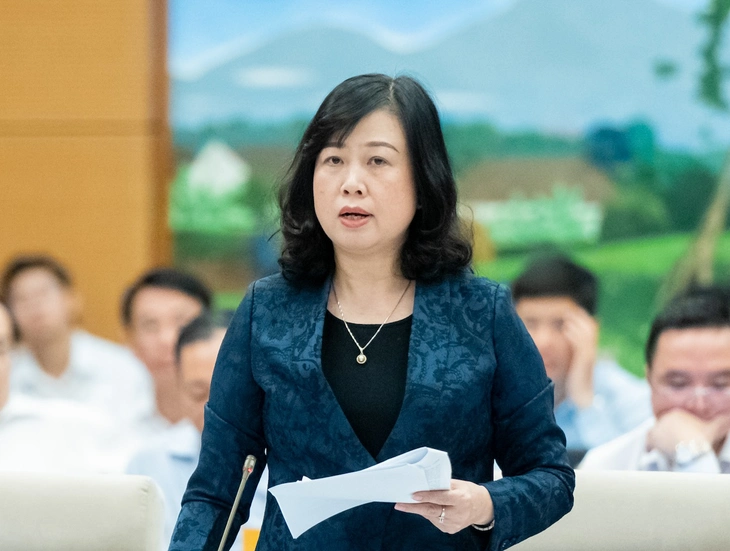
Minister of Health Dao Hong Lan - Photo: GIA HAN
On the morning of August 21, at the explanation session on the prevention and control of fake drugs and fake foods, delegate Nguyen Ngoc Son, National Assembly Committee on Science - Technology - Environment, asked the Minister of Health to give an assessment of the situation of fake drugs in Vietnam.
At the same time, forecast trends and solutions for this problem in the coming period.
Counterfeit drugs appear in all countries
Responding to delegates, Minister of Health Dao Hong Lan said that according to the World Health Organization, no country is immune to the problem of counterfeit drugs. That is, counterfeit drugs appear in all countries in the world.
The Minister of Health cited World Health Organization data estimating that 10% of drugs in low- and middle-income countries are of poor quality or counterfeit.
“The rate of counterfeit drugs can be up to 50% for drugs sold online,” said Ms. Lan, adding that this information is needed to find solutions, and it is necessary to focus on fighting counterfeit drugs.
Ms. Lan added that counterfeit drugs in underdeveloped, low-income countries often include many types, and they focus on preventive drugs for people with chronic diseases such as cardiovascular disease, cancer, antibiotics, and vaccines, leading to very serious consequences.
From there, she stated that the Ministry of Health has consulted on building laws and implementing solutions to overcome the problem.
In Vietnam, according to the provisions of the Law on Pharmacy, 100% of vaccine and biological product batches must be tested by the National Institute for Vaccine and Biological Product Control to meet requirements before being granted a factory certificate.
For other drugs, 100% of batches must meet standards before being released.
Drugs in circulation must be randomly sampled by state quality management agencies for quality testing at state testing facilities.
According to Ms. Lan, every year, medical units have tested 38,000 drug samples. The rate of substandard drugs and counterfeit drugs in recent years has been less than 2%. In 2024, the rate of substandard drugs will be 0.45% and the rate of counterfeit drugs will be less than 0.1%.
Ms. Lan informed that the Ministry of Health forecasts that the situation of counterfeit drugs in Vietnam will continue to increase, because currently on e-commerce platforms, buying and selling transactions via electronic means are very large. As the world estimates, 50% of electronic transactions are counterfeit drugs or at risk of being counterfeit drugs.
Therefore, the Ministry of Health identified this as a high-risk group to coordinate with relevant ministries and branches to have focused solutions.
She analyzed that the current pharmaceutical market in Vietnam is about 7-10 billion USD. Therefore, this is an opportunity for illegal businesses.
Therefore, it is necessary to strengthen quality management from production, circulation, distribution to retail. There must be solutions for each supply chain to ensure this.
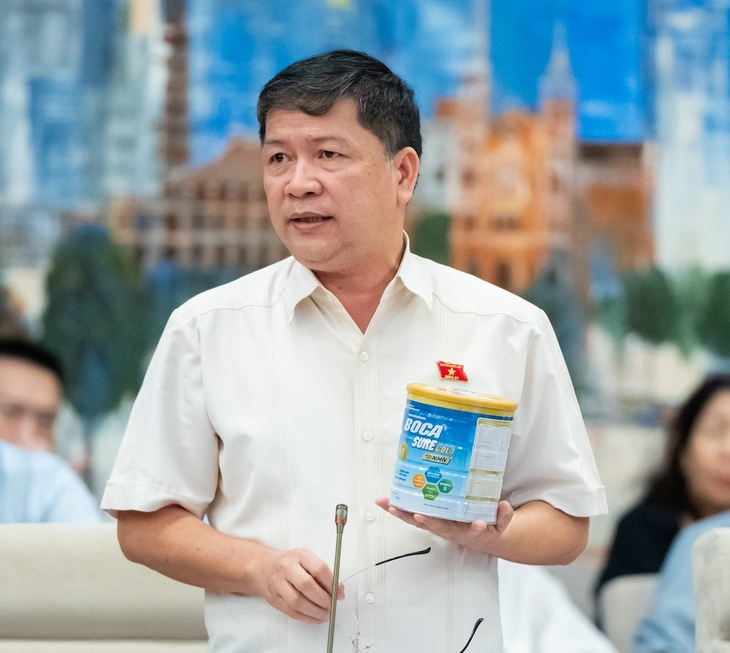
Delegate Ta Van Ha carries a suspected fake milk box - Photo: GIA HAN
You should buy medicine at reputable, licensed facilities.
Delegate Pham Trong Nghia asked Minister of Health Dao Hong Lan to provide solutions to develop applications and public query systems to help people easily check the origin and legality of drugs before buying.
Agreeing with delegate Nghia on the need for an information retrieval system to prevent counterfeit drugs, Minister Dao Hong Lan said that currently, drug buyers mainly observe packaging and designs but lack tools to trace the origin.
The Prime Minister has recently given clear instructions on the construction of databases as well as solutions to trace the origin of goods in general, especially medicines and food.
In addition, Ms. Lan said that the Ministry of Health is currently updating information related to counterfeit drugs on the Ministry's websites, the Drug Administration Department, or applying early warnings, and increasing propaganda on mass media to help people grasp the content related to the counterfeit drug situation.
The Minister recommends that people buy medicine either by prescription or from reputable establishments, such as hospital pharmacies, licensed establishments, or chain-managed establishments.
The quality of these establishments is always very tightly managed. As for retail establishments or those buying through other people, you must be very careful.
Previously, bringing the milk box to the explanation session, Vice Chairman of the Committee for Culture and Society Ta Van Ha said he suspected the product was fake but did not know which agency was responsible and who or which agency to report to.
Explaining later, Deputy Minister of Industry and Trade Nguyen Sinh Nhat Tan said that Decree 98 clearly stated the situations to identify counterfeit goods. Therefore, the milk box that Mr. Ha brought to the explanation session was likely fake.
However, he said that to prove that these are fake goods, there must be a competent authority to check. For example, the Market Management Department must have a process to check so that it can confirm that these are fake goods and can be handled.
"This is a process in the law. We are trying to review and amend so that special products related to fake drugs and fake food will have strict and quick processes to handle them soon," Mr. Tan said.
Mr. Tan affirmed that there are sufficient sanctions for counterfeit goods and fake drugs, even criminal ones. However, the current sanctions are not enough to deter. Mr. Tan said that in the near future, when Decree 98 is revised, more appropriate sanctions will be added.
However, counterfeit drugs and fake foods with a huge profit, certainly businesses will still counterfeit. But the most important thing is still the mechanism to detect quickly, handle quickly and strictly.
Source: https://tuoitre.vn/bo-truong-dao-hong-lan-ti-le-gia-co-the-len-den-50-voi-thuoc-ban-qua-mang-20250821144737787.htm



![[Photo] Prime Minister Pham Minh Chinh chairs the Government's online conference with localities](https://vphoto.vietnam.vn/thumb/1200x675/vietnam/resource/IMAGE/2025/10/5/264793cfb4404c63a701d235ff43e1bd)

![[Photo] Prime Minister Pham Minh Chinh launched a peak emulation campaign to achieve achievements in celebration of the 14th National Party Congress](https://vphoto.vietnam.vn/thumb/1200x675/vietnam/resource/IMAGE/2025/10/5/8869ec5cdbc740f58fbf2ae73f065076)


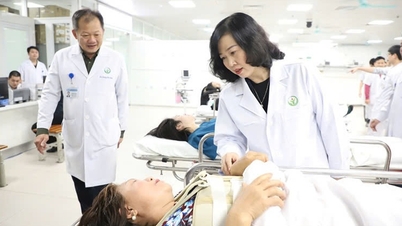



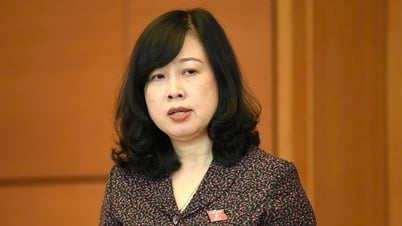
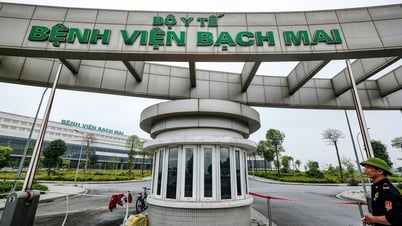

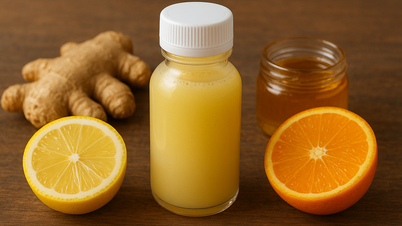

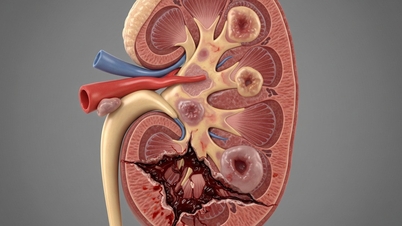

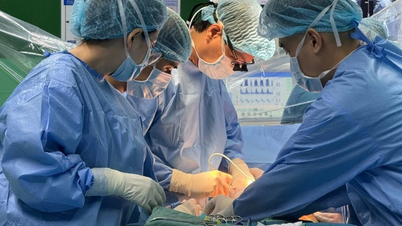

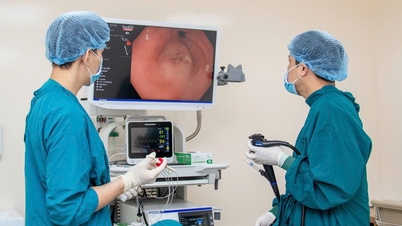
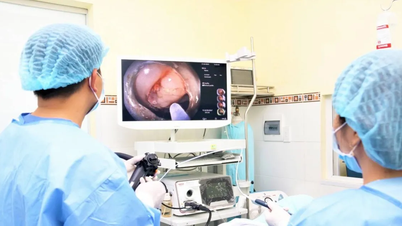






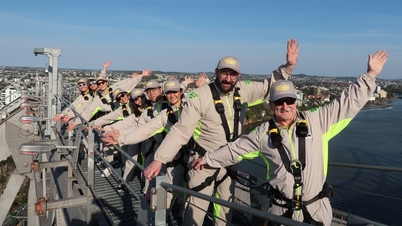
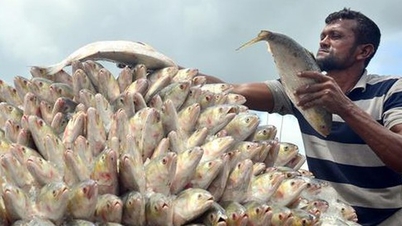
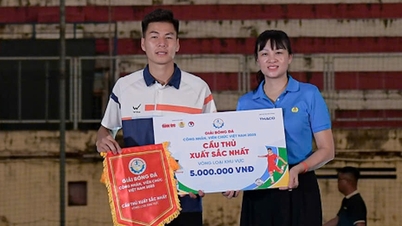

























![[VIDEO] Summary of Petrovietnam's 50th Anniversary Ceremony](https://vphoto.vietnam.vn/thumb/402x226/vietnam/resource/IMAGE/2025/10/4/abe133bdb8114793a16d4fe3e5bd0f12)

![[VIDEO] GENERAL SECRETARY TO LAM AWARDS PETROVIETNAM 8 GOLDEN WORDS: "PIONEER - EXCELLENT - SUSTAINABLE - GLOBAL"](https://vphoto.vietnam.vn/thumb/402x226/vietnam/resource/IMAGE/2025/7/23/c2fdb48863e846cfa9fb8e6ea9cf44e7)














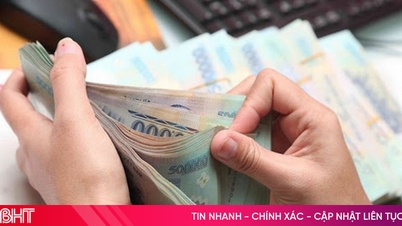

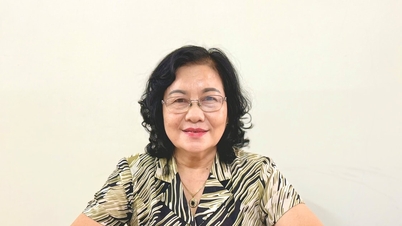

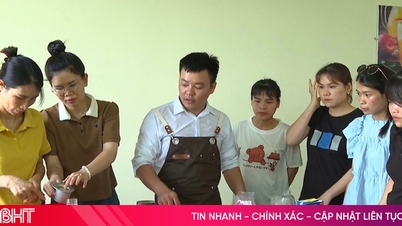
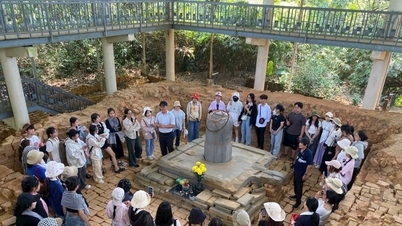
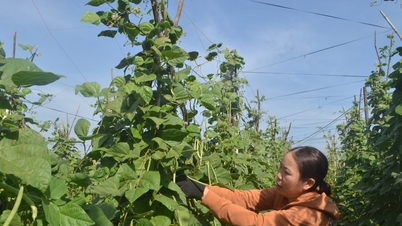
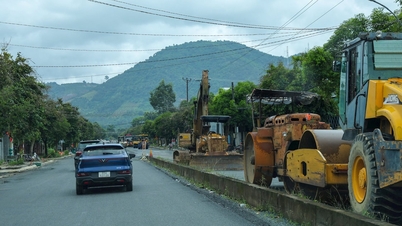













Comment (0)